Bosnia divided as it awaits ICJ verdict
Tensions and media speculation have been rife in Bosnia as it awaits a decision on its genocide complaint against Serbia.
Sunday, 25.02.2007.
10:53

Bosnia divided as it awaits ICJ verdict
The hearing in the case of Bosnia versus FRY - today two separate states, Serbia and Montenegro - started a year ago on February 27.Bosnia-Herzegovina's legal representatives before the ICJ tried during the trial to prove that the Belgrade regime and the former Yugoslav People's Army (JNA) were actively involved in the war in Bosnia, backing the Bosnian Serbs against Bosnia's sovereignty from Yugoslavia, which was already divided after Slovenia and Croatia left the federation.
If it wins the case, Bosnia would have proven that Serbia and Montenegro were aggressors in the 1992-1995 war and responsible for the deaths of more than 100,000 people as well as serious destruction. In that case Bosnia-Herzegovina could request billions of dollars in compensation.
The head of Bosnia's team before the ICJ, Sakib Softić, believes that they managed to prove the accusation that Serbia and Montenegro committed genocide in Bosnia.
He said Serbia cannot hide from the fact that some of the verdicts before the War Crimes Tribunal in The Hague proved that JNA troops from Serbia and Montenegro were involved in some massacres during the war in Bosnia, such as the massacre in the former eastern Bosnian Muslim enclave of Srebrenica, where up to 8,000 Bosnian Muslim men were killed.
However, Bosnia's accusation against Serbia, Softić said, was never directed against the Serbian and Montenegrin people, but rather the political and military leaders of the two states.
“We expect nothing but justice,” Munira Subačić of the Srebrenica Mothers Association said.
“For more than 11 years we hope to see justice. A verdict positive for Bosnia cannot bring us back our sons and husbands killed in Srebrenica, but it will help us to believe that justice exists,” said Subačić.
Voices from some Bosnian Muslim political circles who say that a positive verdict for Bosnia would also prove that the Bosnian Serb entity, the Republic of Srpska, was established “as a result of genocide and therefore should not exist,” have provoked negative reactions among the Bosnian Serb authorities.
Bosnian Serb President Milan Jelić said any decision in Bosnia's favor would “harm not only the people of Serbia, but Bosnian Serbs as well.”
The court's decision will only make sense, according to Jelić, if the court drops the charges or if the verdict has no major impact on future relations between the states and the peoples in the region.
“Bosnia's charges are illegal and illegitimate because half of Bosnia's population does not support it,” said Jelić, referring to the Bosnian Serb population.
Bosnian Serb Prime Minister Milorad Dodik has completely rejected the accusations and said he and his government would never accept the ICJ's verdict, regardless of what may happen.
Both sides in the case, according to political analyst Emir Habul in Sarajevo, will probably be dissatisfied with the verdict.
“We may, however, expect some turmoil. If the court accepts Bosnia's complaint I am afraid that a triumphalism could prevail among Bosniak (Muslim) politicians, and may further produce some manipulations damaging for this country,” Habul told DPA.
Such developments would have a negative impact in the region as well as causing a political crisis in Bosnia-Herzegovina which could halt the country's progress towards European integration, he said.
Triumphalism, according to Habul, is already visible in the announcement by some war victims and war veterans associations in Bosnia that they would organize demonstrations in Sarajevo on Tuesday, the day after the verdict, regardless of what the verdict is.
Triumphalism by Bosnian Muslim politicians if the verdict is in Bosnia's favour would harm trust among Bosnia's three ethnic peoples, Bosniaks, Croats and Serbs, he added.
The ideal situation would be, Habul said, if Bosnia had mature politicians who would leave legal matters to the ICJ and instead concentrate on the country's many internal problems and the reforms needed for entry into the European Union.
The issue of the existence of the Republic of Srpska, which may come up with a possible positive verdict, would deepen for certain the divisions in Bosnia and possibly even create a crisis in the region.
“I do not think we would have another war, but a deep political crisis would be created as well as an abyss between the Republic of Srpska and the rest of Bosnia-Herzegovina, including the mistrust among the peoples as the worst option for the country at this moment,” said Habul.


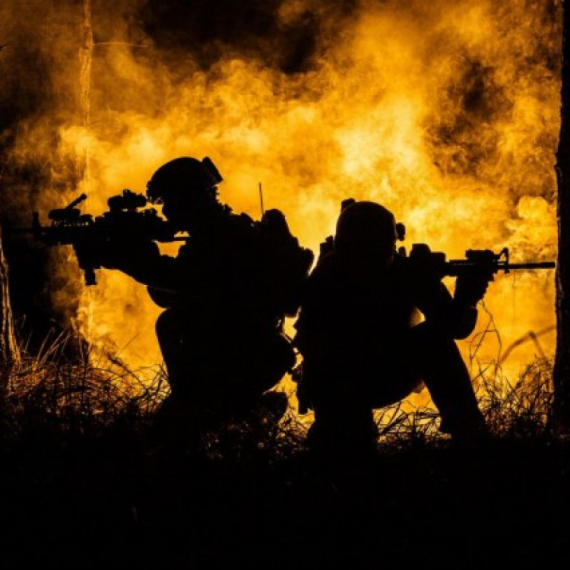



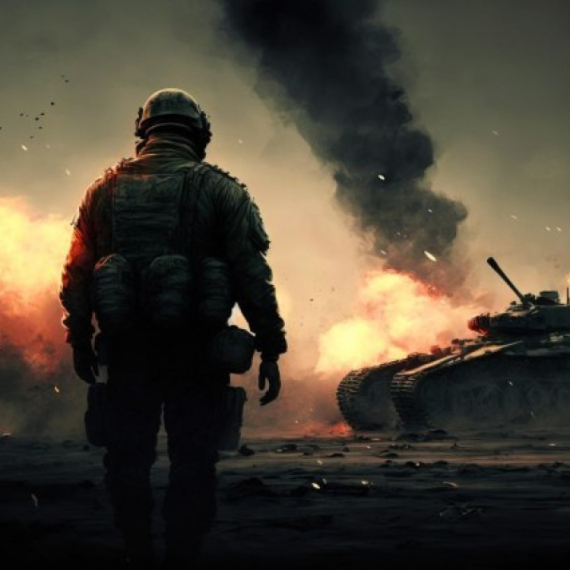





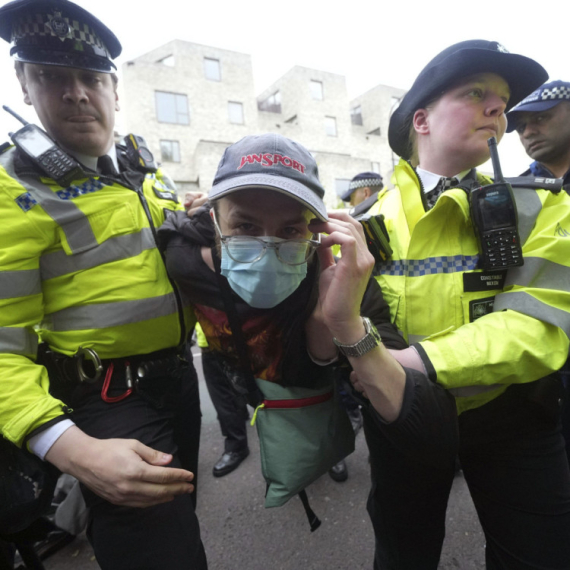



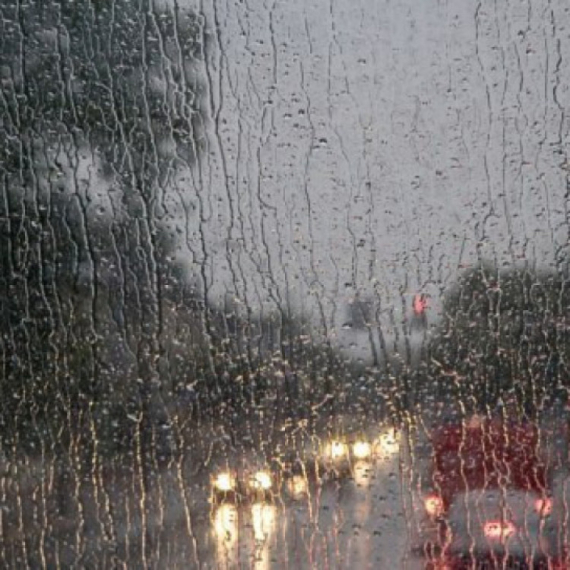
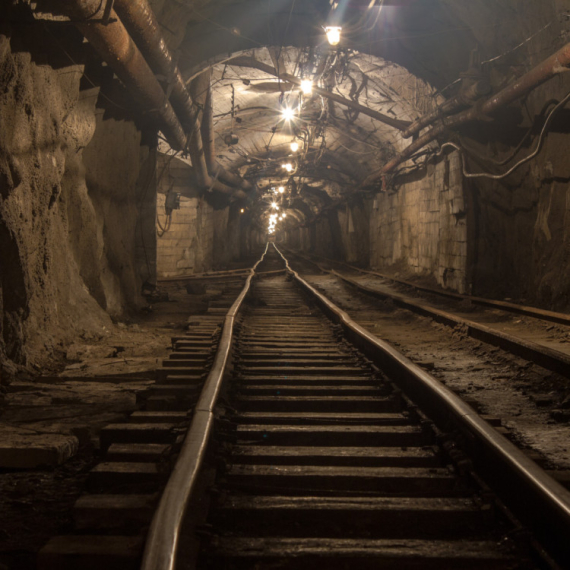
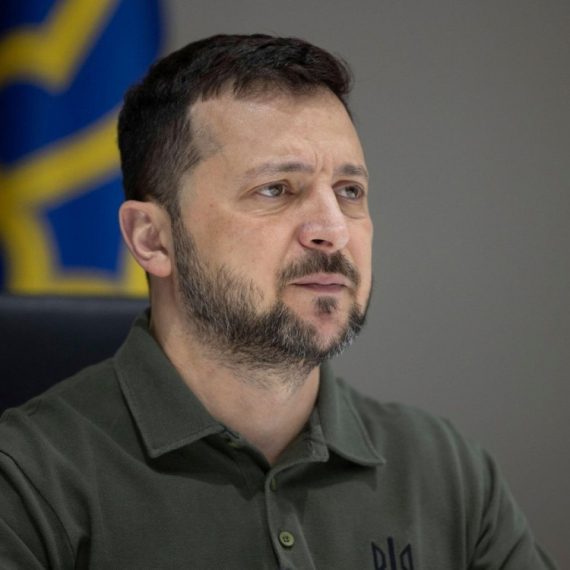
































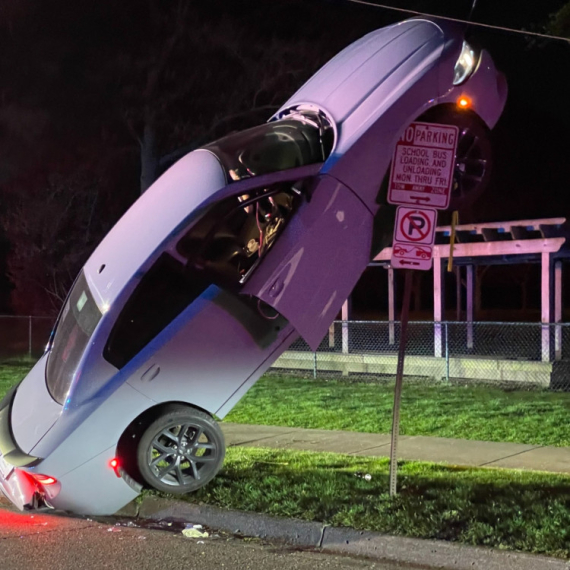

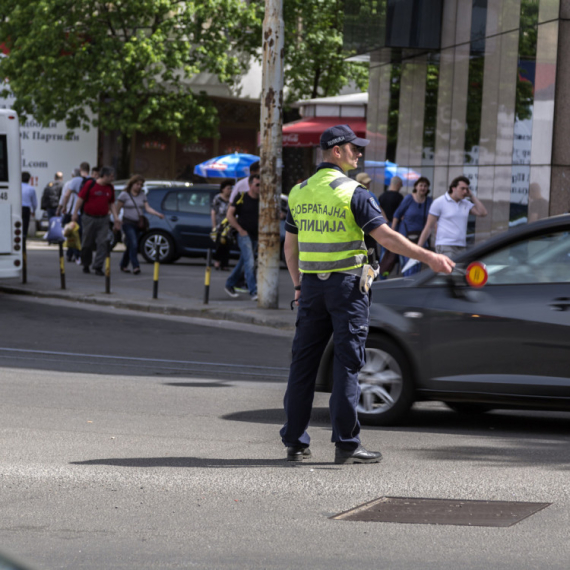


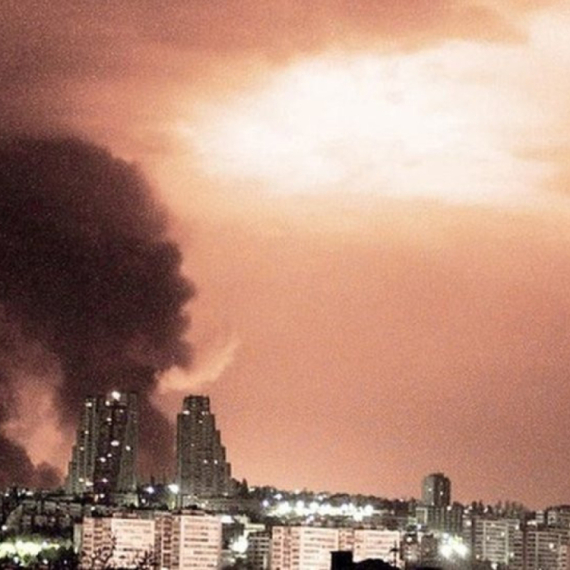
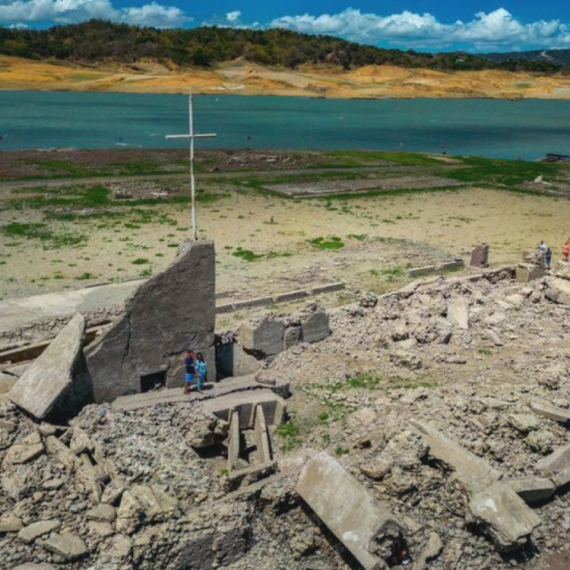


Komentari 3
Pogledaj komentare